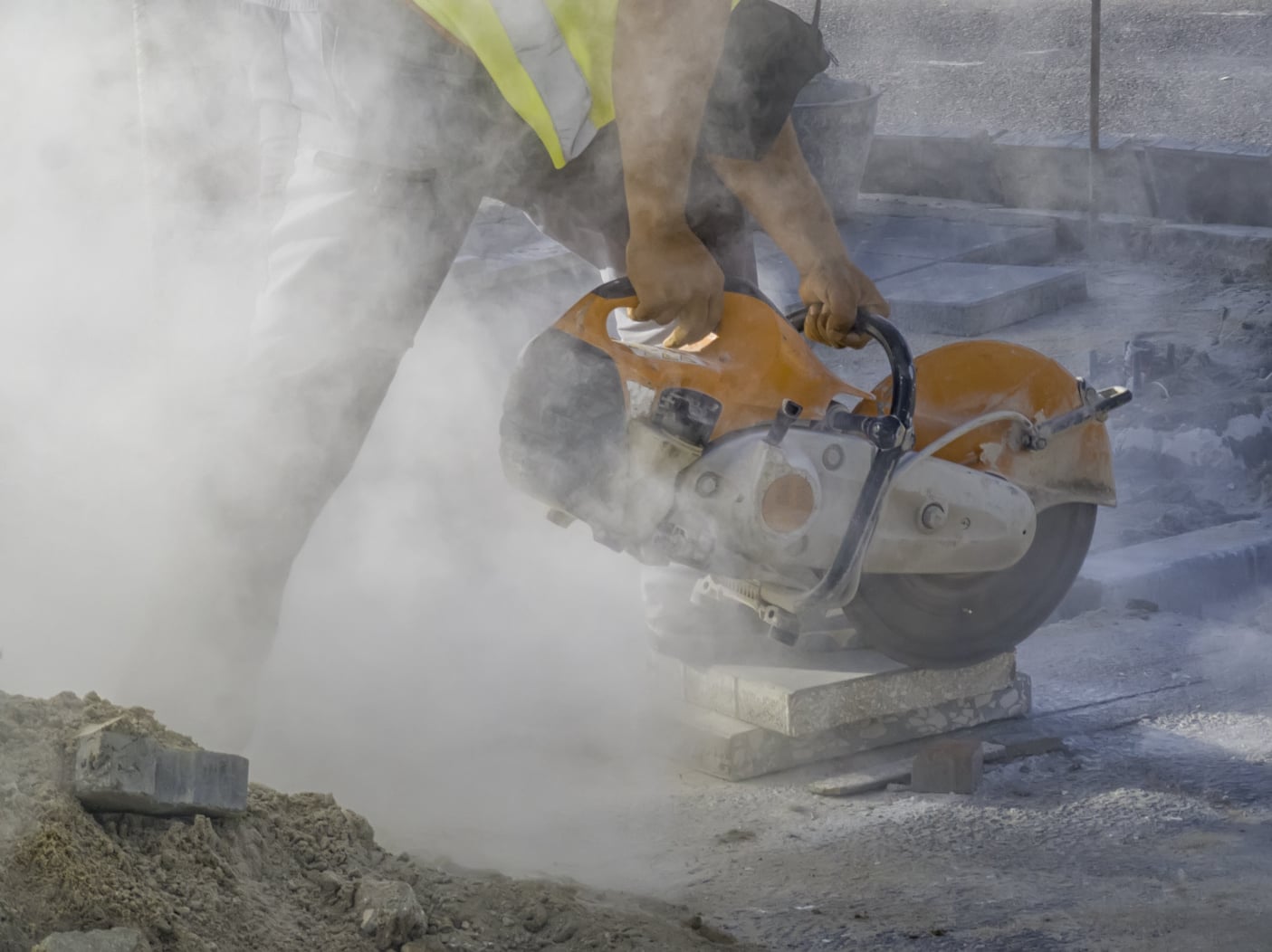Hiring new staff? Make sure there are no pre-existing medical conditions...
Pre-Employment Medicals Across Australia
Pre-employment medicals are an important part of the hiring process for many employers. They provide employers with valuable information about the health and fitness of potential employees, helping to ensure that they are able to perform their job duties safely and effectively. Pre-employment medicals can include a variety of tests and assessments, such as physical examinations, drug tests, vision tests, hearing tests, and psychological tests.
Physical examinations are typically the most comprehensive type of pre-employment medical. During a physical exam, a doctor or one of our registered nurses will assess the applicant’s overall health and fitness. This may include taking vital signs, such as blood pressure and heart rate, as well as checking for any signs of illness or injury. The doctor may also perform a physical examination of the applicant’s body, including checking for any signs of physical abnormalities.
A musculoskeletal examination is a physical examination of the muscles, joints, and other structures of the body to assess their range of motion, strength, and other characteristics. A functional examination is an assessment of how well a person can perform specific tasks or activities, such as walking, running, or lifting objects. Our pre-employment medicals include a basic musculoskeletal assessment (range of motion). For candidates applying for more physical work, a more comprehensive functional examination with musculoskeletal may be required.
Drug tests are another common type of pre-employment medical. Employers may require applicants to take a drug test to ensure that they are not using any illegal substances. Drug tests can be conducted in a variety of ways, such as urine tests, saliva tests, and hair tests.
Vision tests are also commonly used in pre-employment medicals. During a vision test, an optometrist or other healthcare professional will assess the applicant’s vision to ensure that they are able to see clearly and accurately. This may include checking for any signs of vision impairment, such as nearsightedness or farsightedness.
Hearing tests are also often included in pre-employment medicals. During a hearing test, an audiologist or other healthcare professional will assess the applicant’s hearing to ensure that they are able to hear clearly and accurately. This may include checking for any signs of hearing impairment, such as hearing loss or tinnitus.
Psychological tests are also sometimes included in pre-employment medicals. During a psychological test, a psychologist or other healthcare professional will assess the applicant’s mental health and emotional wellbeing. This may include checking for any signs of mental illness or psychological disorders.
Overall, pre-employment medicals are an important part of the hiring process for many employers. They provide employers with valuable information about the health and fitness of potential employees, helping to ensure that they are able to perform their job duties safely and effectively. Pre-employment medicals can include a variety of tests and assessments, such as physical examinations, drug tests, vision tests, hearing tests, and psychological tests.







